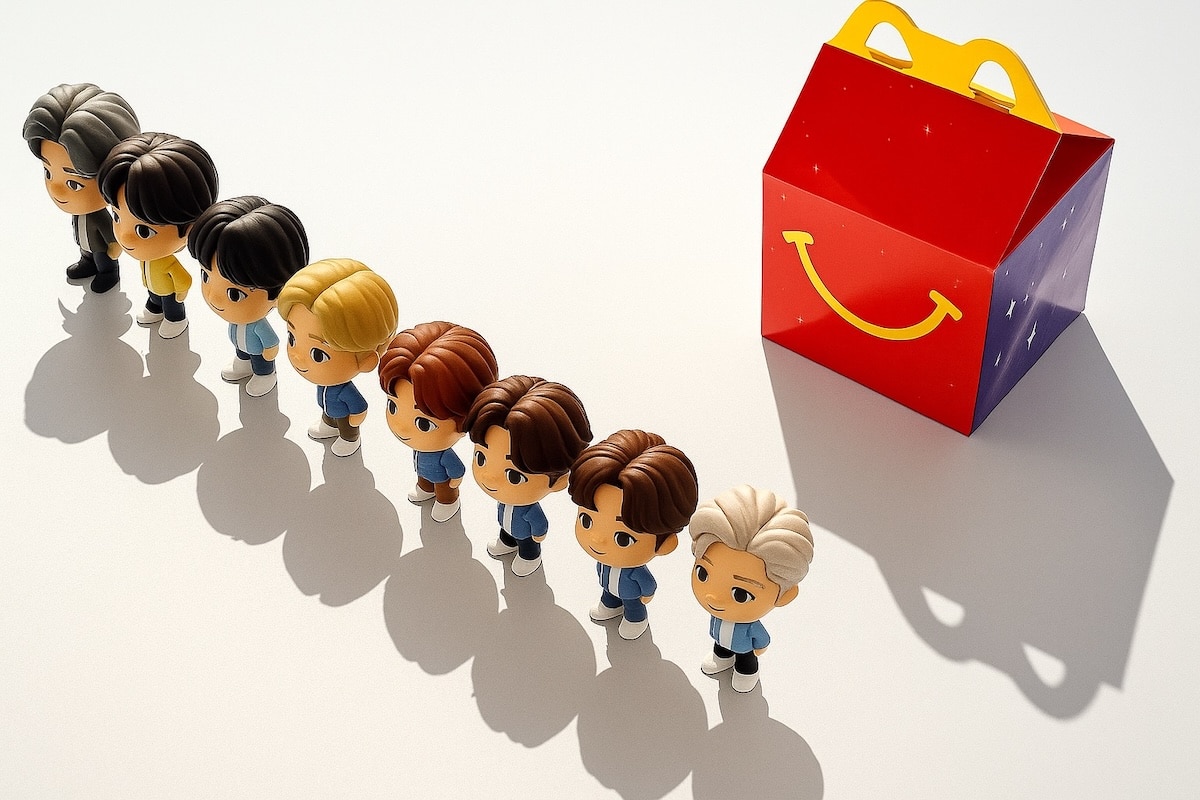
The world’s biggest fast-food business and the K-pop phenomenon are joining up again – and it’s not just a meal, it’s a cultural event.
The world’s biggest fast-food business and the K-pop phenomenon are joining up again – and it’s not just a meal, it’s a cultural event.
The revelation of a renewed partnership between McDonald’s and BTS has sparked global fan enthusiasm. Leaked photos of mini figurines styled after the band members spread across social media within hours, and the hype shows no signs of slowing down. What may appear like a simple product drop is, in reality, a lesson in how retail and pop culture can blend to produce a worldwide sensation.
When McDonald’s and BTS teamed up for the now-famous BTS Meal in 2021, restaurants in the U.S. and Asia saw record-breaking sales, and the packaging became highly sought-after collectibles that sold on eBay for hundreds of dollars. The next partnership phase seems as successful as the last.
People who study the industry say that McDonald’s is not only a food brand but also a lifestyle brand that can connect with fans.
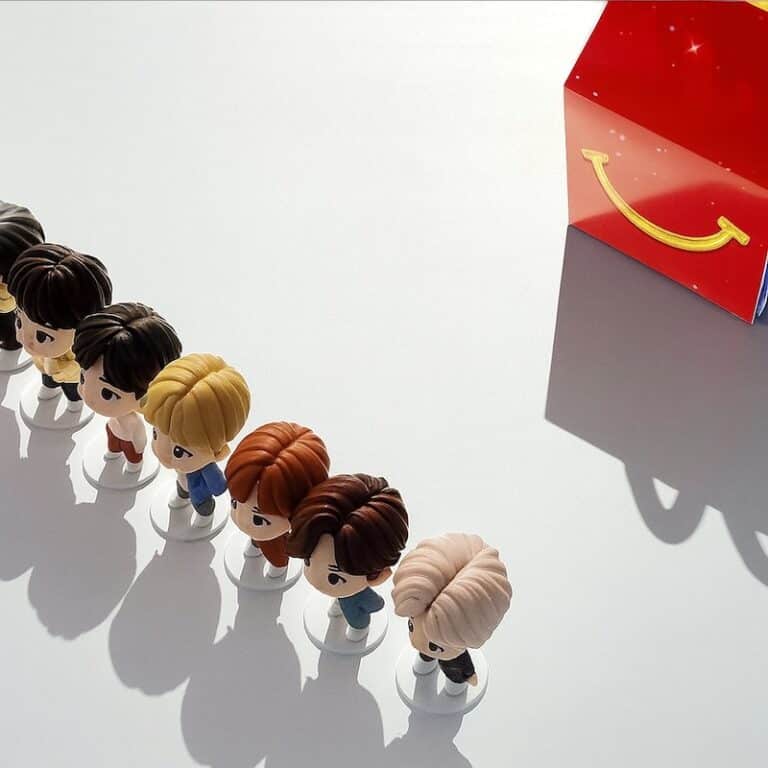
“McDonald’s understands that today’s consumer doesn’t just buy food – they buy experiences, identity, and connection,” says a retail expert in Seoul. “BTS represents all three, and that makes the partnership incredibly powerful.”
Fans are most excited about the limited-edition packaging, special products, and the chance to get a BTS Meal 2.0. For McDonald’s, it’s a chance to appeal directly to Gen Z and Gen Alpha consumers —digital natives who approach brand drops in fast food with the same anticipation as sneaker releases or luxury collaborations.
This plan also impacts the entire retail ecosystem. Independent resellers are already preparing for secondary market demand, with some predicting figurines and branded cups will quickly appear on online marketplaces. Marketers, too, are watching closely: the ability of a fast-food chain to generate global headlines usually reserved for fashion houses highlights a shift in how lifestyle is defined in 2025.
The renewed BTS cooperation reflects a bigger trend – fast food as part of pop culture shopping. No longer simply about convenience or price, these relationships convert regular transactions into moments of prestige, collectibility, and community.
For McDonald’s, the move is more than just clever marketing. It demonstrates that when retail collaborates with cultural icons, the result can surpass specific categories and create something far more comprehensive than its individual components.
The McDonald’s x BTS relationship highlights how retail companies can develop cultural significance by engaging fandoms and offering limited, collectible-driven experiences. This is a reminder for retailers and marketers: sometimes the best lifestyle drop doesn’t come from a runway or flagship store, but from the fast food counter.
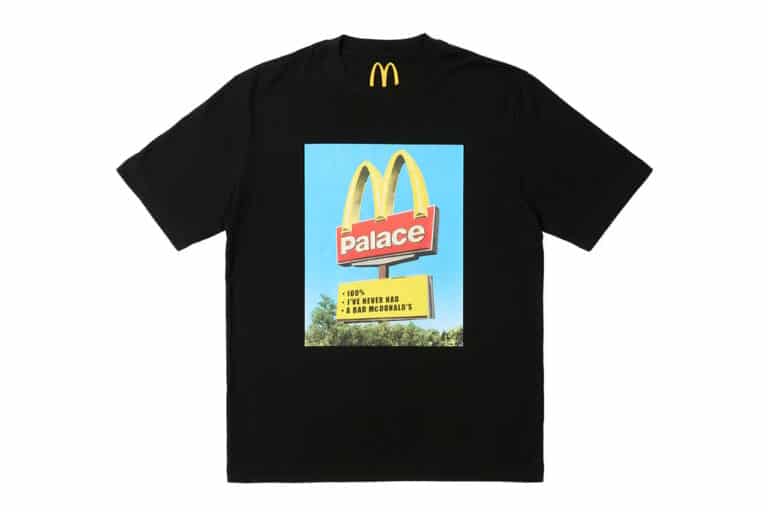
The collaboration translated into unique designs on hoodies, t-shirts and skateboards.
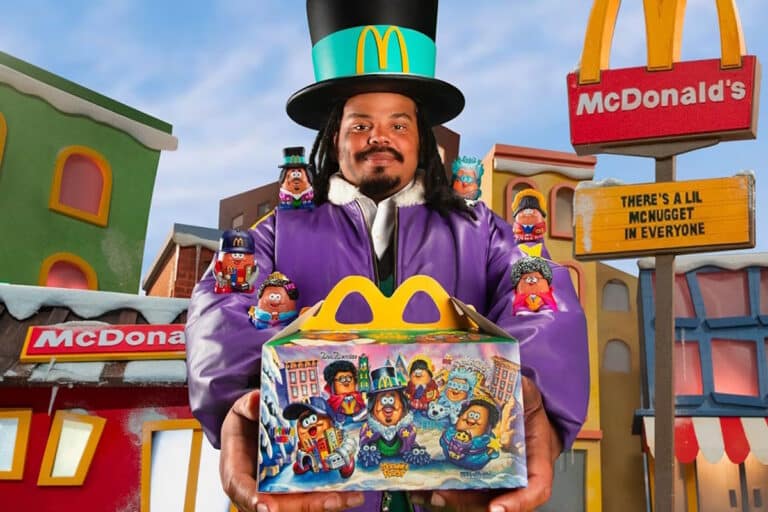
The launch of the new set is the first McDonald's McNugget Buddy in more than 25 years.
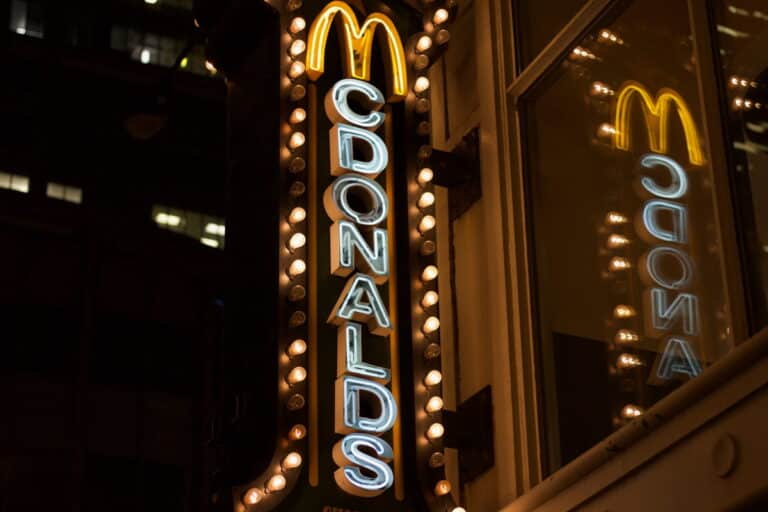
McDonald's reiterated its commitment to the Israeli market and ensuring favorable conditions for employees and customers.
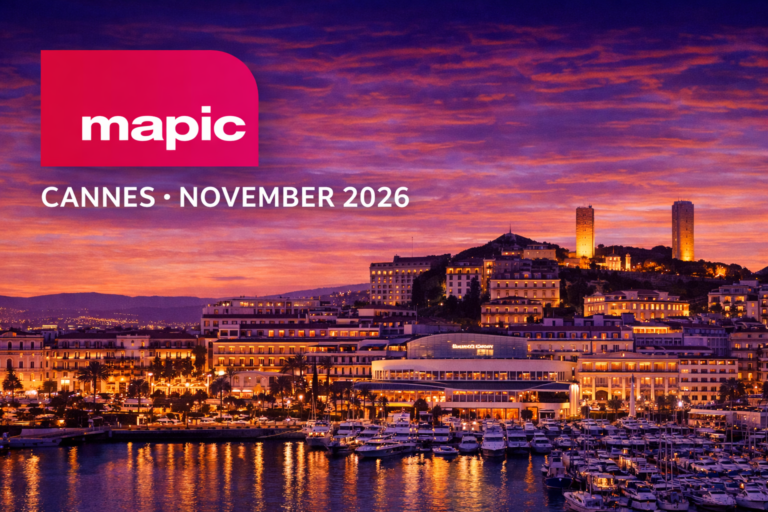
3-4 November 2026, Cannes MAPIC takes place every autumn in Cannes and remains one of the few global events where…
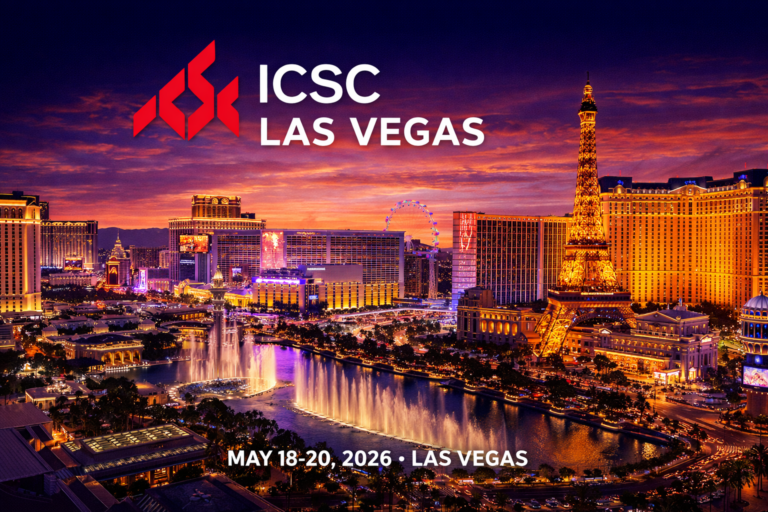
Las Vegas · May 2026 · Las Vegas Convention Center ICSC Las Vegas takes place each year in May and…

World Retail Congress takes place each spring in London and brings together senior retail executives, investors, and property leaders for…